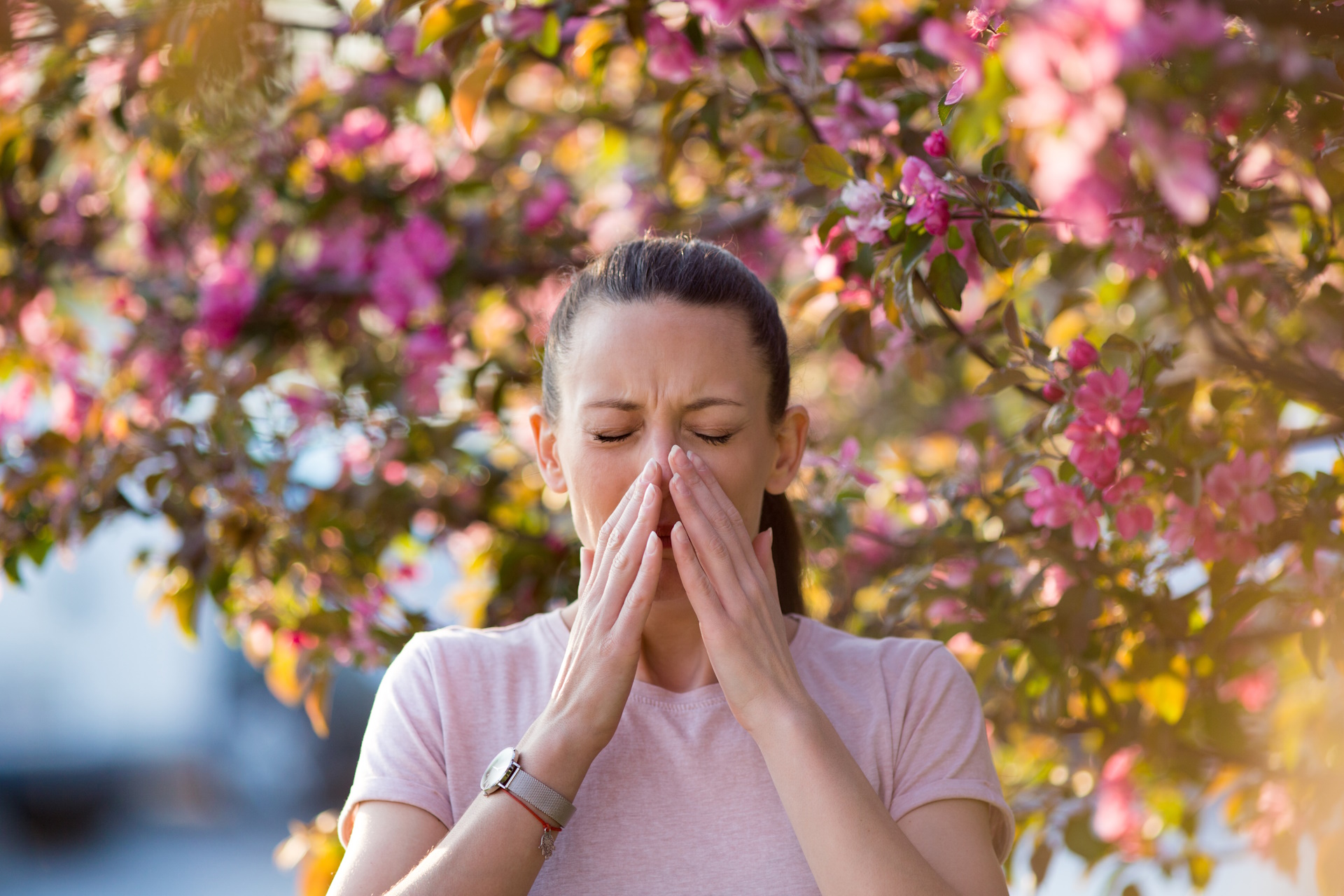
Keeping Your Kids Healthy This School Year
While you are out buying your children’s school supplies you are likely to see hand sanitizer, wet wipes, and Kleenex on the list. As you can imagine, just one child with a cold in a room of 20 children can spread the disease quickly. While hand sanitizer, wet wipes, and Kleenex help reduce the spread, reviewing basic hygiene with your children as they start the new school year is a good idea. Here are some tips to share with your children.
-
- Wash your hands with soap and water whenever possible. Hand sanitizer is an alcohol-based gel that kills germs on skin. It’s great in a pinch, but if used too much the alcohol can dry out your child’s skin. If your child has sensitive skin or eczema, hand sanitizer may be something they should avoid. Also, hand sanitizer doesn’t actually remove the germs from your skin, it simply kills them. Washing your hands with soap and water is the best way to both disinfect and remove germs and dirt from your hands.
- Sneeze into your elbow. Our mother taught us to cover our sneezes, but covering them with your hands could actually be worse. When you sneeze onto your hands, the germs from your sneeze are now on your hands are can be spread to everything you touch afterward unless you wash your hands. Sneezing into your elbow helps reduce the transfer of germs, both by minimizing germs in the air and the spread of those germs by touch.
- Don’t share water bottles or straws, and NEVER touch the water fountain with your mouth. Many cold viruses and other diseases are spread via bodily fluids such as saliva. Teach your children to never drink after someone else and to not use the water fountain at school if they see another student touch it with their mouth. GROSS!
- Don’t send your child to school when they are sick. Being a working parent is hard, but sending your child to school when they are ill can be risky. While it may save you from being out of work at first, it could lead to even more missed time later on. Most illnesses are contagious before symptoms are present and for several days after they start. If you send your child to school when they first show symptoms they could spread the disease to other children. If those other children then come to school sick, they could re-infect your child leading to more time off work.
- Check your child for lice and report cases to your school. Head lice are a common problem in elementary schools, and they are becoming harder to treat due to increased resistance to head lice treatments. Common symptoms of lice include:
- Itching of the scalp
- White eggs (nits) stuck to the hair shaft
- If your child catches lice, make sure to follow the directions completely. If all of the lice are not completely removed, they can recur, spread and be harder to remove in the future. If your child has lice, it’s a good idea to see your doctor. A prescription strength medication may be required. Report the case to your school. The school will send a note home to all parents to check their children and treat as needed in order to eliminate the infestation quickly and reduce its spread.
- Get your child’s vaccinations. Each state is different, but the State of Louisiana requires students entering kindergarten to have the following vaccinations.
- (2) doses of Varicella vaccine
- (2) doses of Measles, Mumps, Rubella (MMR) vaccine
- (3) doses of Hepatitis B (HBV) vaccine
- (1) booster dose of Diphtheria Tetanus Acellular Pertussis (DTaP)
- (1) booster dose of Poliovirus (Polio) vaccines administered on or after their 4th birthday and prior to school entry.
See your child’s doctor to get a list of the vaccines your child has received and to get any they may be missing.







